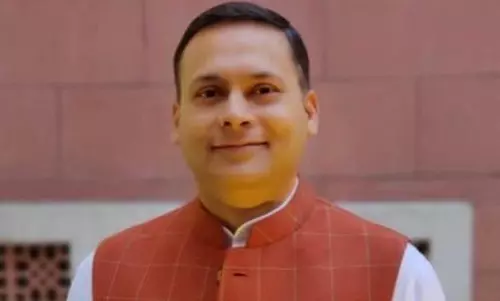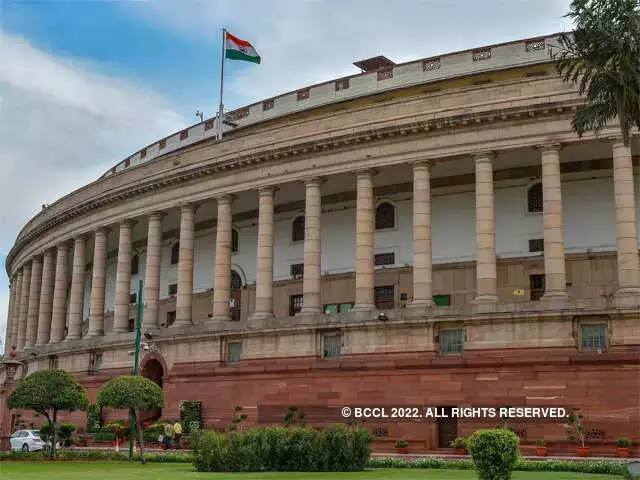
Centre must broadly define "fake news": Parliamentary panel
text_fieldsNew Delhi: Union government must broadly define the term "fake news", a high-level Parliamentary panel directed. The panel also demanded the Centre's response on the need for various fact-checking units (FCUs) in the country, IANS reported.
The Parliamentary Standing Committee on Communication and Information Technology has disapproved of the government's silence on "fake news", adding that it is becoming a disturbing trend in the country.
The comments from the panel have come just days after the government decided to extend the timeline for consultations of its plan to take down information which is marked as "fake" by the FCUs of the Press Information Bureau (PIB) of the Ministry of Information and Broadcasting.
The extension came amid protests from all quarters against the move.
The Parliamentary panel's observations have been made in its action-taken report on "Ethical Standards in Media Coverage", submitted in Parliament by the panel last week during the Budget session.
In light of false or fake news becoming a disturbing trend in India, the committee has also sought to know from the Ministry of Information and Broadcasting whether it intends to have such FCUs for countering misinformation in general.
The panel has also expressed its disappointment over the Ministry's silence on its earlier recommendation of using the latest technologies like Artificial Intelligence, considering existing expertise in non-government agencies and studying the anti-fake news laws of countries like Australia, Malaysia and other democracies for developing some legal provisions.
It noted that "the ministry's reply is silent on all these aspects, and they submitted merely the statutory and institutional mechanisms for preventing the spread of fake news for print media, TV channels and digital news publishers".
However, in light of the rapid spread of fake news due to the latest technologies and its impact on the citizens, the committee has recommended that "there is always a scope for learning from the expertise of non-government organisations in the field and for studying anti-fake news laws of other countries so as to have some legal provisions for curbing fake news in the country".
It has thus asked the Ministry to provide an action taken in this direction along with the initiatives taken for utilising the latest technologies, such as Artificial Intelligence, for intervening and checking fake news in near real-time.
























